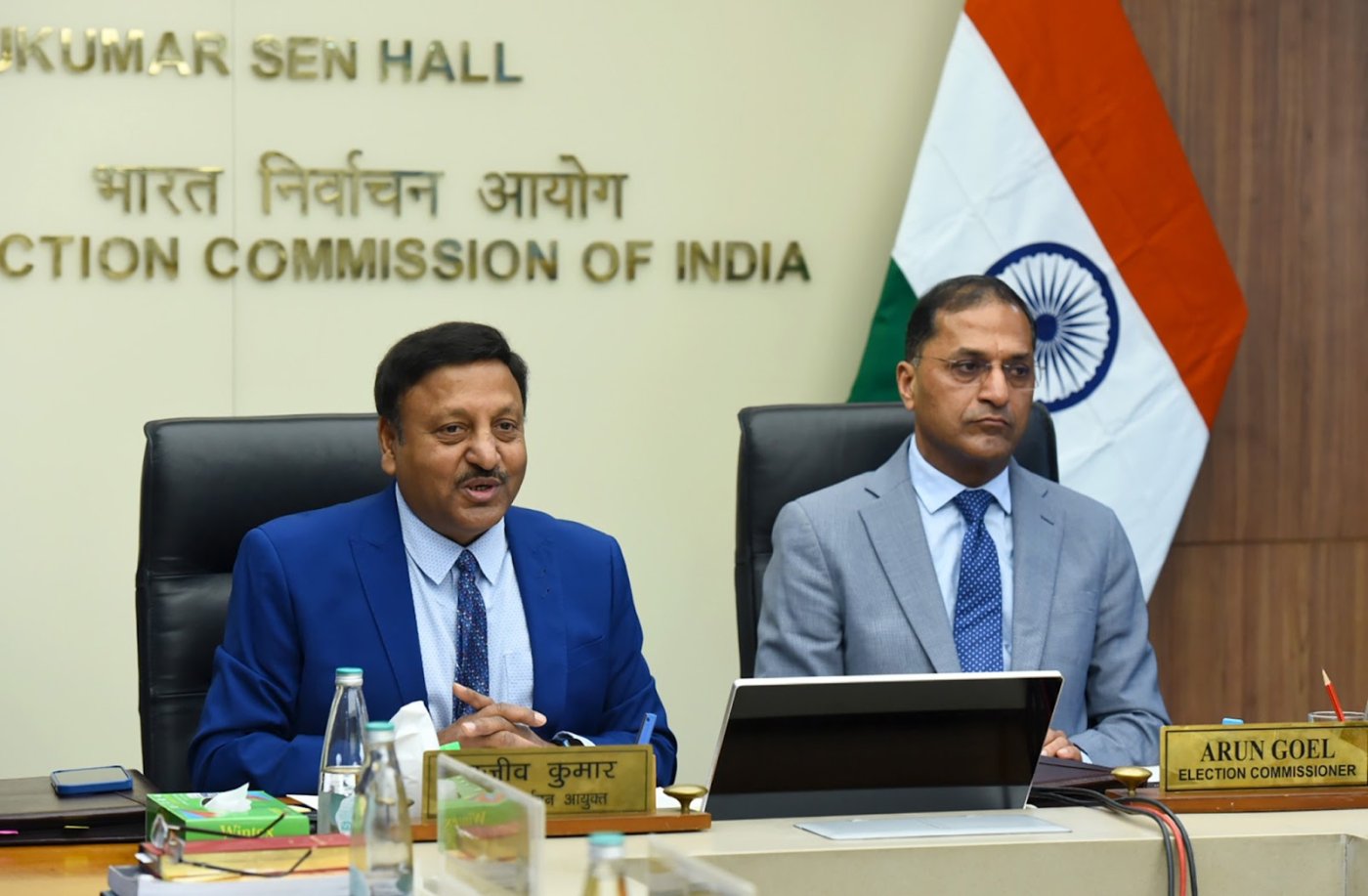Changes in Chief Election Commissioner Appointment Process
Recently, meeting took place involving Prime Minister Narendra Modi, Home Minister Amit Shah, and Leader of Opposition Rahul Gandhi. This meeting was convened to appoint a successor to Chief Election Commissioner Rajiv Kumar, who was set to retire. The meeting brought into light changes in the appointment process for the Chief Election Commissioner (CEC) and raised concerns about the new law governing these appointments.
Previous Appointment Process Overview
- Historically, the Chief Election Commissioner and Election Commissioners were appointed by the President of India based on the Prime Minister’s advice.
- There was no formal legislation governing the process.
- The most senior Election Commissioner typically succeeded the outgoing CEC.
- This seniority was determined by the date of appointment, leading to potential ambiguity in cases where commissioners were appointed on the same day.
Introduction of the New Law
The new appointment process is governed by the Chief Election Commissioner and Other Election Commissioners (Appointment, Conditions of Service and Term of Office) Act, 2023. This law outlines a more structured procedure for selecting the CEC and Election Commissioners. It establishes a search committee led by the Law Minister, which creates a shortlist of candidates to be reviewed by a selection committee comprising the Prime Minister, the Leader of Opposition, and a Cabinet Minister.
Role of the Selection Committee
The selection committee has the authority to consider candidates beyond the initial shortlist. This allows for a broader pool of candidates, which was not possible under the previous system. The selection process aims to enhance transparency and accountability in appointing key electoral officials.
Eligibility Criteria and Terms of Service
The new Act specifies eligibility criteria for the CEC and Election Commissioners. Candidates must have held a position equivalent to a Secretary in the Government of India and possess integrity and experience in managing elections. The Act also stipulates that officials are not eligible for reappointment and sets a maximum term of six years for any individual serving in these roles.
Reasons for the Change in Appointment Process
The change in the appointment process was influenced by Supreme Court interventions. The Court noted that the Constitution did not intend for the Executive to have exclusive authority over such appointments. The Supreme Court’s ruling mandated a more inclusive selection process, which led to the enactment of the new law by Parliament.
Ongoing Legal Challenges
Despite the new appointment process, legal challenges persist. The Association for Democratic Reforms has contested the removal of the Chief Justice of India from the selection committee. The Supreme Court is set to hear these petitions, raising questions about Parliament’s authority to modify judicial rulings through legislation.
Month: Current Affairs - February, 2025
Category: Legal & Constitution Current Affairs








